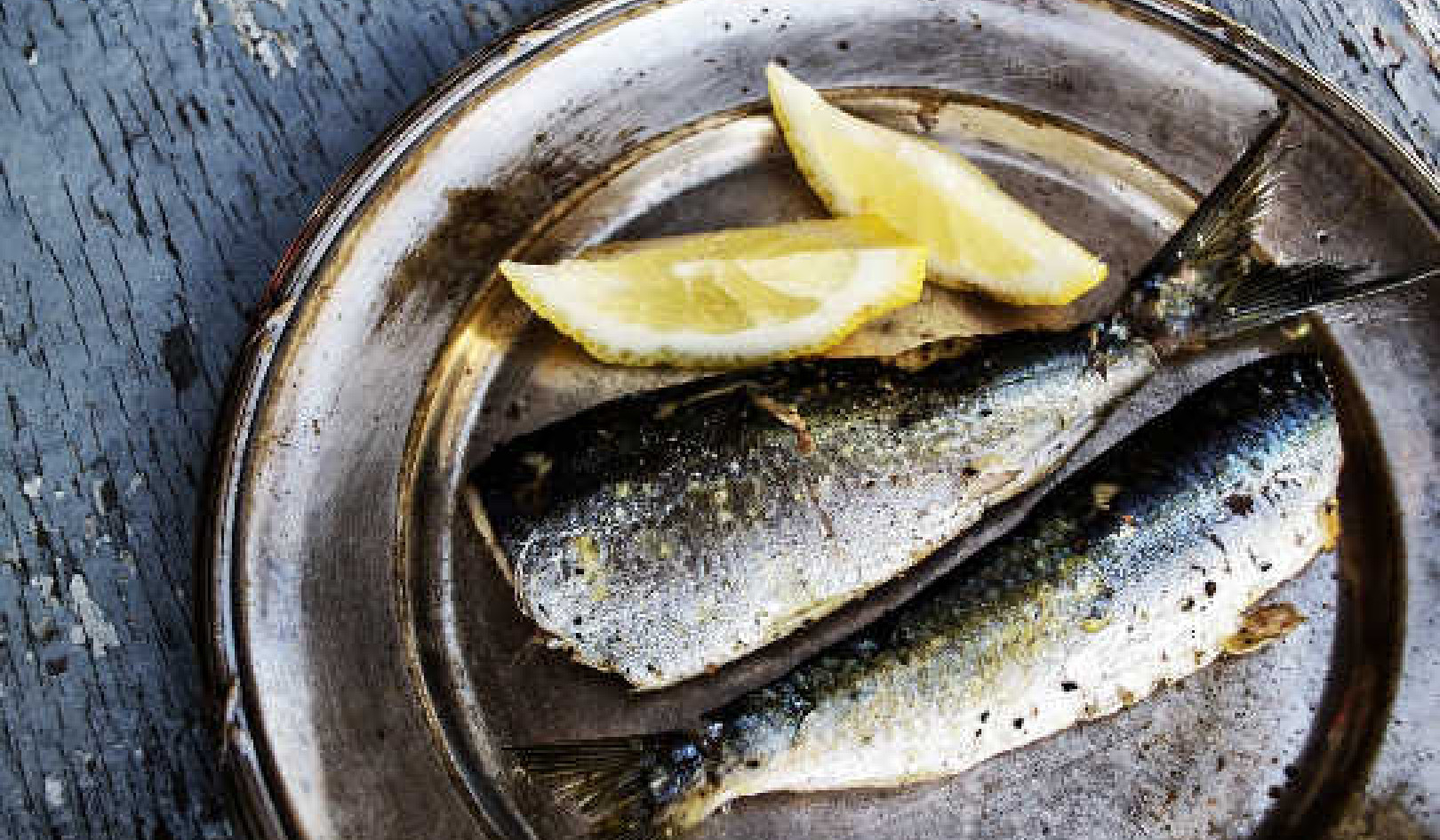
In this Article:
- Does genetics or diet have a bigger impact on how long we live?
- What can a new study on mice tell us about lifespan and longevity?
- How does caloric restriction affect lifespan, and what are its limits?
- Can lifestyle choices like diet and exercise overcome genetic predispositions to longevity?
- What are the risks of extreme dietary restrictions on health?
Genes or Diet? What Affects Your Lifespan More?
by Bradley Elliott, University of Westminster
As people who research ageing like to quip: the best thing you can do to increase how long you live is to pick good parents. After all, it has long been recognised that longer-lived people tend to have longer-lived parents and grandparents, suggesting that genetics influence longevity.
Complicating the picture, however, is that we know that the sum of your lifestyle, specifically diet and exercise, also significantly influences your health into older age and how long you live. What contribution lifestyle versus genetics makes is an open question that a recent study in Nature has shed new light on.
Scientists have long known that reducing calorie intake can make animals live longer. In the 1930s, it was noted that rats fed reduced calories lived longer than rats who could eat as much as they wanted. Similarly, people who are more physically active tend to live longer. But specifically linking single genes to longevity was until recently a controversial one.
While studying the lifespan of the tiny worm C elegans at the University of California, San Francisco, Cynthia Kenyon found that small changes to the gene that controls the way that cells detect and respond to nutrients around them led to the worms doubling their lifespan. This raises new questions: if we know that genetics and lifestyle affect how long you live, which one is more important? And how do they interact?
To try to tease out the effects of genetics versus lifestyle, the new study in Nature examined different models of caloric restriction in 960 mice. The researchers specifically looked at classical experimental models of caloric restriction (either 20% or 40% fewer calories than control mice), or intermittent fasting of one or two days without food (as intermittent fasting is popular in people looking to see the positive benefits of caloric restriction).
Because we now know that small genetic variations affect ageing, the researchers specifically used genetically diverse mice. This is important for two reasons. First, as laboratory studies on mice are normally performed on genetically very (very!) similar mice, this allowed the researchers to tease out the effects of both diet and genetic variables would have on longevity.
Second, humans are highly diverse, meaning that studies on genetically near-identical mice don’t often translate into humanity’s high genetic diversity.
The headline finding was that genetics appeared to play a larger role in lifespan than any of the dietary restriction interventions. Long-lived types of mice were still longer lived despite dietary changes.
Diet counts, but genes count more
And while shorter-lived mice did show improvements as a result of dietary restrictions, they didn’t catch up to their longer-lived peers. This suggests that there’s truth to the “pick good parents” joke.
Caloric restriction models still increased lifespans across all the types of mice, with the 40% restriction group having improved average and maximum lifespans compared with the 20% group.
And the 20% group showed improvements in both group average and maximum length of lives compared with the control group. It’s just the effects of genetics were larger than the effect of the dietary interventions.
While all the caloric restriction models resulted in increased lifespan in the mice on average, in the most extreme caloric restriction model tested (40% less group) changes that could be seen as physical harms were observed. These included reduced immune function and losses in muscle mass, which outside of a predator- and germ-free laboratory environment could affect health and longevity.
There are some important caveats in studies like this. First, it’s not known if these results apply to humans.
As with most caloric restriction research in mice, the restricted feeding groups were fed 20% or 40% less than a control group who ate as much as they wanted. In humans, that’d be like assuming people eating every meal every day at a bottomless buffet is “normal”. And people who do not eat from limitless trays of food are “restricted feeding”. That’s not an exact parallel to how humans live and eat.
Second, although exercise wasn’t controlled in any way in this study, most groups did similar amounts of running in their in-cage running wheels except the 40% caloric restriction group who ran significantly more.
The researchers suggested that this extra exercise in the 40% group was the mice constantly hunting for more food. But as this group did so much more exercise than the others, it could also mean that positive effects of increased exercise were also seen in this group alongside their caloric restriction.
So, while we can’t pick our parents or change the genes we inherit from them, it is interesting to know that specific genetic variations play a significant role in the maximum age we can aspire to.
The genetic cards we’re dealt dictate how long we can expect to live. Just as important in this study, however, lifestyle interventions such as diet and exercise that aim to improve lifespan should be effective regardless of the genes we have.![]()
Bradley Elliott, Senior Lecturer in Physiology, University of Westminster
Article Recap:
This article delves into a recent study exploring the impact of genetics and dietary restriction on lifespan. Using genetically diverse mice, researchers found that while caloric restriction can extend lifespan, genetic factors play a more significant role in determining longevity. However, even though we can't change our genes, lifestyle changes like diet and exercise still have powerful effects on health and aging. Understanding this balance can help optimize long-term health strategies.
This article is republished from The Conversation under a Creative Commons license. Read the original article.
Related Books:
The Body Keeps the Score: Brain Mind and Body in the Healing of Trauma
by Bessel van der Kolk
This book explores the connections between trauma and physical and mental health, offering insights and strategies for healing and recovery.
Click for more info or to order
Breath: The New Science of a Lost Art
by James Nestor
This book explores the science and practice of breathing, offering insights and techniques for improving physical and mental health.
Click for more info or to order
The Plant Paradox: The Hidden Dangers in "Healthy" Foods That Cause Disease and Weight Gain
by Steven R. Gundry
This book explores the links between diet, health, and disease, offering insights and strategies for improving overall health and wellness.
Click for more info or to order
The Immunity Code: The New Paradigm for Real Health and Radical Anti-Aging
by Joel Greene
This book offers a new perspective on health and immunity, drawing on principles of epigenetics and offering insights and strategies for optimizing health and aging.
Click for more info or to order
The Complete Guide to Fasting: Heal Your Body Through Intermittent, Alternate-Day, and Extended Fasting
by Dr. Jason Fung and Jimmy Moore
This book explores the science and practice of fasting offering insights and strategies for improving overall health and wellness.
Click for more info or to order






























